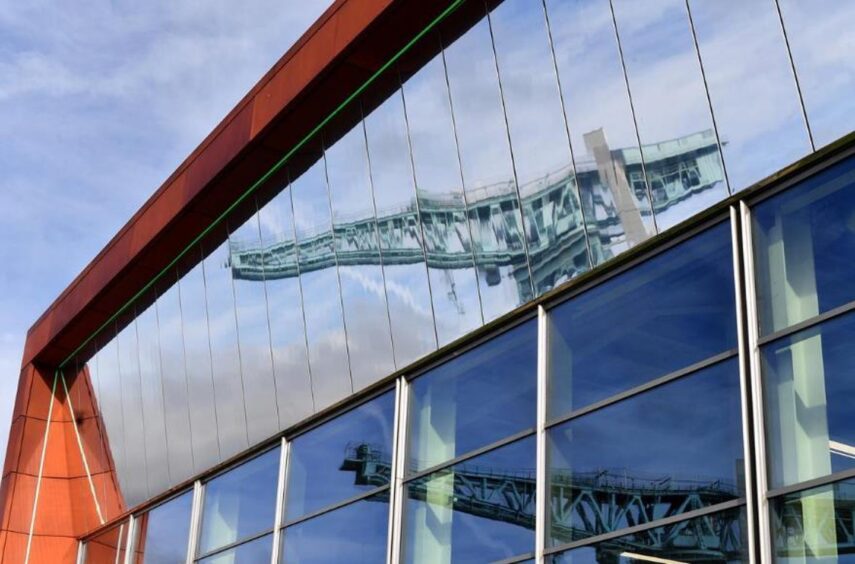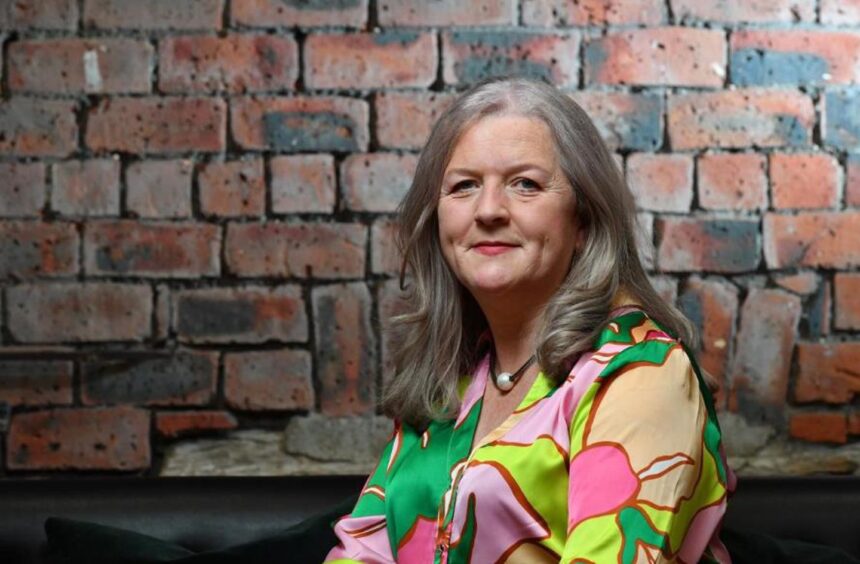
Scotland’s ambitious net zero targets demand a radical shift in the way homes and buildings are heated.
The Heat in Buildings Bill, poised to revolutionise the clean heat sector, promises to boost demand for low carbon solutions, foster innovation, create new markets and propel Scotland further into its clean heat revolution towards net zero.
Scotland leading the way in innovative solutions
Jan Reid, Clean Heat team leader at Scottish Enterprise , emphasises the nation’s capability, drive and passion to solidify its position as a global leader in clean heat.
She said: “Exciting advancements are underway in Scotland, showcasing technologies that significantly reduce heating system carbon footprints.
“West Dunbartonshire’s fourth Generation District Heating Network and Energy Centre at Queens’ Quay uses water from the River Clyde to generate heat which is then distributed to customers through an underground district heating pipe network.
“The fifth generation heating and cooling district heating network at the Clyde Gateway site in Glasgow’s east end will utilise heat from a wastewater plant and localised heat pumps, along with other renewable sources such as geothermal mine water.”
Additionally, research is underway at the nearby UK Geoenergy Observatory in Glasgow to determine the potential of geothermal mine water as both a source of heat and a form of heat storage.
Heat pumps are another example of a well-established clean heat product which continues to be disrupted by new waves of innovation in moving towards net zero.
In December 2023, Livingston-based Mitsubishi Electric launched the R290 air-source heat pump which uses propane – a natural substance – as a refrigerant. The propane not only reduces embodied carbon, it also improves performance, resulting in a high-temperature heat pump that can very much compete with a gas boiler in the amount of heat it provides.
Jan added: “Scotland is also leading the way in developing new solutions which make it easier to integrate heat pumps with other low carbon domestic technology.
“Livingston-based Boxergy for example, offer the installation of fully integrated renewable solutions which integrate solar PV systems, hot water storage and heat pumps, all managed by intelligent controllers.”
Accelerating the journey towards decarbonisation
Increasing demand for clean heat technology is evident in Scotland’s growing heat pump sales, with a 24% surge in installed air-sourced heat pumps in 2023, reaching an £87 million market.
Despite this progress, 79% of households still rely on gas central heating, highlighting the need for a comprehensive approach.
The Heat in Buildings Bill, consultations on which closed on March 8, proposes ambitious regulations, including the prohibition of polluting heating systems after 2045 and mandatory upgrades for homeowners and landlords.
This signals a transformative era for businesses and households alike, with an expected surge in heat pump installations from 2027.
A pipeline of opportunity on the horizon
Anticipated regulations will drive demand for energy-efficient and clean heat solutions, presenting opportunities for new market entrants and existing businesses.
Jan stated: “With an estimated 240,000 social houses and 23,000 public sector estate buildings requiring retrofit and clean heating solutions, transferrable expertise from the oil and gas sectors will play a crucial role.
“The expected need for an additional 40,000 installers by 2028 creates a ripple effect, fostering growth down the supply chain.
“At Scottish Enterprise, the goal is to ensure that Scotland has a well-connected, competitive and innovative supply chain that can access the support it needs in order to fully realise the growth opportunities in this emerging market.”
Clean Heat 2024: clean heat accelerator
Following on from the success of the pilot Low Carbon Heat Accelerator run in 2022/23, this project will deliver an accelerator programme focused on clean heat over a four-month period.
The key objectives of the course are to support a cohort of clean heat businesses to develop the leadership, business and entrepreneurial skills needed to take advantage of the rapidly emerging clean heat sector, and to develop action plans to provide structure for growth after the course.
This opportunity will be targeted at ambitious companies looking to grow within, or transition into, delivering clean heat solutions, such as heat pumps, energy efficiencies and digital applications.
The project will be officially launched at the Clean Heat Expo 2024 on March 27 with recruitment running for eight weeks to May 31, and will feature opportunities to engage with the team and ask about the course before applying.
Clean Heat expert support
Furthermore, Scottish Enterprise, Highlands and Islands Enterprise and South of Scotland Enterprise have officially launched the Clean Heat Expert Support (CHES) service.
This service has been created to provide Scottish companies working in the clean heat sector and those seeking to diversify into it with free consultancy support.
CHES will aid Scottish companies in assessing the transferability of their capabilities to the Clean Heat sector, understanding market growth opportunities and gaining insights into potential benefits of diversification.
The chosen consultant, EP Consult Energies, will conduct an in-depth analysis of the company’s current operations, capabilities and ambitions in order to produce a tailored report which will outline the Clean Heat opportunity, relevant projects, industry contacts and initial recommendations for the company to focus on and action.
Each company project is expected to be completed within four to six weeks. Interested companies can apply for the Scottish Enterprise CHES service here.
 © Supplied by Scottish Enterprise
© Supplied by Scottish Enterprise